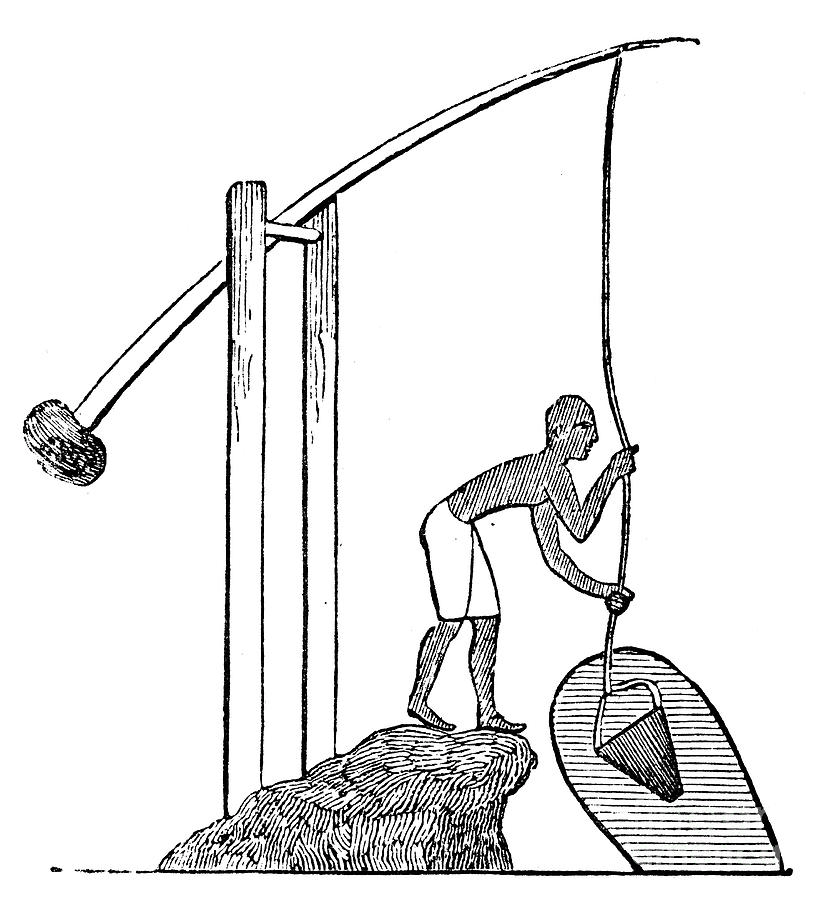Name the 3 environmental factors that influenced ancient human settlement:
water
topography
vegetation
The pharaoh made laws, taxed, built government projects and protected Egypt.
TRUE OR FALSE
TRUE
Both men and women did not wear cosmetics and dyed their hair in Egyptian culture.
TRUE OR FALSE
FALSE
Where was the Kingdom of Kush located in relation to Egypt?
South past the cataracts along the Nile River in present day Sudan.
Describe the Egyptian religion and what they believed in?
Egyptians worshiped many gods were polytheistic; believed in the afterlife and Ka; believed in immortality
What environmental factor was the most important in allowing humans to settle in ancient Egypt?
water like the Nile River
To protect the body from decay they used this process mostly just for Pharaohs and the wealthy.
mummification/embalming
What was the main purpose of pyramid construction?
Pyramids were used as tombs for pharaohs their rulers.
Kush was called Nubia since it was rich in what resource making them a trade empire.
gold
What did the Egyptians make most of their clothing from?
linen
Why didn't the ancient Egyptians have to worry about fighting many enemies in Northern Africa?
The ancient Egyptians were protected from invaders by deserts.
Name the King who united upper and lower Egypt and became the first pharoah.
Menes/Narmer
What material was used to construct pyramids?
limestone
Egypt conquered Kush due to their location/wealth and Egyptianized them. What does that mean?
adopted their culture:
clothing, gods, serving in army, language spoken and written
Which time period is often referred to as Egypt's Golden Age?
New Kingdom
What did the Mediterranean Sea and Red Sea provide to Egypt excluding fish?
travel/trade routes
Pharoah ___________ built the Great pyramid, and it took about 20 years.
Khufu
An early form of an Egyptian tomb that was used in stacks to create the step pyramid by Pharoah Djoser
Mastaba
Kush conquered Egypt under the leadership of King Piye who created a Kushite _________ of Pharaohs
dynasty
What discovery allowed Archaeologists to decode hieroglyphics?
Rosetta Stone
 Name the irrigation device to the left used by both Egyptians and Sumerians to irrigate their fields.
Name the irrigation device to the left used by both Egyptians and Sumerians to irrigate their fields.
Shaduf
In Egyptian society, a living pharaoh was believed to be the representation of this god, so the people were very obedient.
Horus
In what time period were the pyramids built?
old Kingdom
After the Kushite pharaohs are kicked out of Egypt, they set up their capital city in Meroe, becoming a trade Empire once again due to their ability to make ______.
iron
What Egyptian God helped prepare the bodies of the dead for the afterlife?
Anubis
The Nile was considered a gift because it provided so much for the ancient Egyptians. Name three things the river provided besides fresh water to irrigate:
papyrus fish trade/transportation routes
rich silt from flooding afterlife resources
water birds connected cities that grew on banks
What is the Valley of the Kings?
The place where New Kingdom pharaohs were buried since pyramids were not built anymore.
Most information about ancient Egyptian daily life comes from where?
tomb artwork and artifacts
Kush will remain an empire under the leadership of these women rulers, especially Queen Amanirenas who made a treaty with the Romans.
Kandakes
Social class was like a pyramid in Ancient Egypt. Use the six classes below and organize them into the correct order, the top one is the ruler the Pharoah.
Pharoah
Slave/servant
Peasant
Artisan/craftsperson
Scribe
Priest/Government official
Pharoah
Priest/Government official
Scribe
Artisan/craftsperson
Peasant
Slave/servant